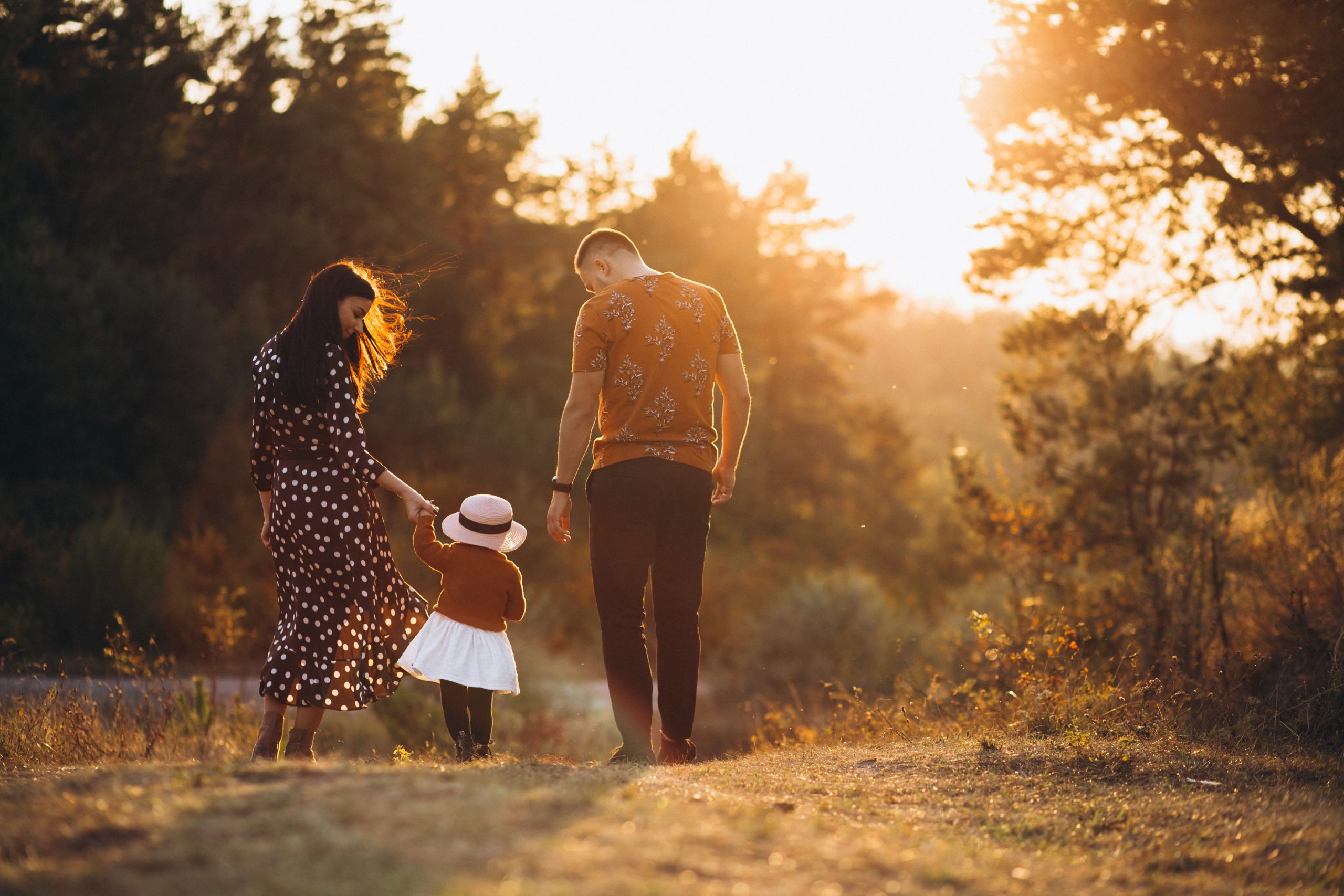Important Thoughts During Grief
There is no wrong way or right way to grieve.
Grief is personal because loss is also personal. When you lose a loved one, your pain is attached to personal memories; time spent together; dreams and hopes shared, comfort drawn from the deceased and so on. How you grieve is how you grieve, as long as your behavior is not harmful to self or others, it is your way and it is okay.
There is a healthy way to mourn and grieve
Grieve is as human as it gets and there is nothing wrong with most of the things we do or experience during grief. Cry, let the tears cleanse you and balm your wounds. You might be deeply sad, groping in the darkness of a seemingly bottomless pit, but you are fine. You may be angry with self, others, with God; it is acceptable. You might get snappy, act or feel, weird; sometimes emotions break out in the oddest of places.
There is unhealthy way to grieve too.
There are certain myths and misconceptions to grieving that are unhealthy and unhelpful. Uncontrolled emotions over a long period with accompanying behavior are unhealthy. Ignoring grief will not make it go away, suppressing feelings or hiding in activities such as work or leisure only delay the process. Blaming yourself or others, avoiding other people or rejecting anything shared with the deceased is a sign of unhealthy grieving.
There is no standard grieving process
You might know about the five stages of grief—denial, anger, bargain, depression and acceptance. But these are not a set standard for everyone, nor do they provide a sequence that everyone has to go through. You will probably experience some or all of them in some form or another but you are normal, perfectly normal, if you don’t.

